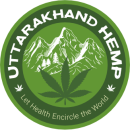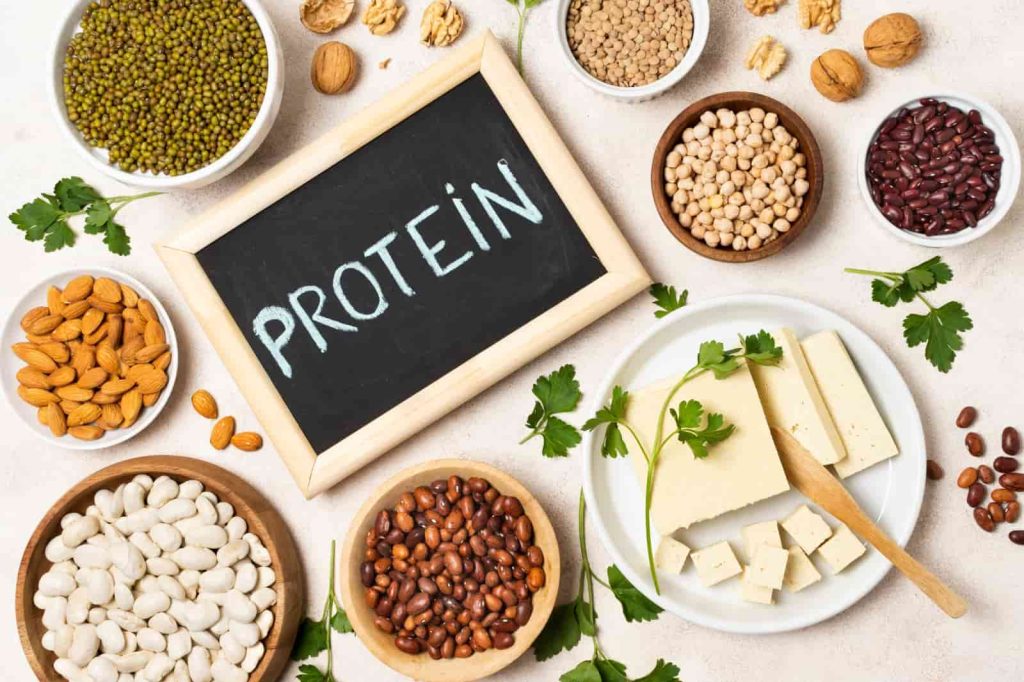Top 7 Myths About Protein
In a nutshell, protein is a macronutrient that contains nitrogen and is made up of smaller, separate chemical chains called amino acids. Dietary protein plays numerous key roles in the body, including the development, maintenance, and repair of our cells, bone, skin, and tissue, which is more crucial as we age.
We receive our protein from a variety of animal and plant sources across all food groups. Egg, meat, chicken, almonds, seafood, tofu, legumes, and various cereal-based goods are among the examples. Along with that, we have a range of protein-rich products that can ease your diet but before let us know the myths surrounding it. Nevertheless, it’s critical to understand that not all dietary proteins are made equal.
So you must have encountered numerous myths about protein but which myths about protein are true you certainly need to know. For that confusion to solve we have come up with an article to bust the myths about protein so that you get a clear picture of which myths are true or false. Are you ready to know? Let’s begin with the first myth:
- Protein only builds muscle
Protein is a necessary nutrient that is made up of the amino acid building blocks and is not only a part of muscle but also of bone, joints, tendons, ligaments, hair, antibodies, hormones, enzymes, and more. Additionally, protein helps maintain a strong immune system, affects body composition, and, as you’ll soon discover, has the ability to control blood sugar.
2. Consuming too much protein damages the kidneys
Eating too much protein only harms your kidneys if you already have liver or kidney disease, according to numerous studies. This is due to the fact that kidneys in good health are excellent at eliminating the extra nitrogen that comes from consuming a lot of protein.
3. Cutting back on protein while trying to lose weight.
The contrary is true, so we must scream FALSE in response to this. Lack of protein might make it more difficult to lose weight because it keeps you full and speeds up your metabolism. Of all macronutrients, it also has the biggest “thermic effect” (carbs, fats, and proteins). Protein requires about 10% of the calories you consume to digest.
That’s not all, though. When people reduce their protein intake, they frequently lose muscle instead of fat. This is so that when calorie intake is decreased, the body uses fat reserves for energy, which is what we want. However, if calorie intake is too low, the body will also break down muscle into amino acids to provide energy.
It’s crucial to understand that you burn 50 more calories each day for every pound of muscle you have since muscle is active while fat is inactive. In other words, if you lose 20 pounds but only 10 of them are muscle, you would burn 500 fewer calories each day, which is enough to put one pound of fat back on each week. This means it will be exceedingly challenging to keep your new weight off.
4. The protein in a plant-based diet is insufficient.
One such myth about protein is that the protein in a plant-based diet is insufficient. It’s crucial to consume a diversity of protein from plant sources because most plant foods don’t contain as much protein as animal products do and might not include all of the essential amino acids. Although you wouldn’t want to eat simply rice or lentils, the two together are fantastic food. Why? Muscle protein synthesis and repair cannot take place if your diet does not contain all of the needed amino acids throughout the course of a 24-hour period.
5. Don’t worry about when or how you consume protein; just make sure you consume enough of it to reap the advantages.
People typically consume the majority of their protein at lunch and supper, but research has shown that it is better to consume 20 to 30 grams every meal to enhance muscle protein synthesis (developing muscle, for a healthy metabolism) (in addition to a level of carbohydrate and fat that I appropriate for your diet). Consider switching your breakfast to something like Greek yogurt, eggs, veggie burger patties, or turkey sausage if you eat protein at lunch and supper.
6. The protein in a plant-based diet is insufficient.
It is entirely False! However, considering that most plant meals don’t have as much protein as animal products do and might not have all of the essential amino acids, it’s critical to create a well-thought-out strategy that maximizes nutrition and wellness. You wouldn’t want to eat simply rice or lentils, but the two together are a terrific combo. Why? Muscle protein synthesis and repair cannot take place if our food does not provide all of the needed amino acids throughout the course of a 24-hour period.
7. Protein metabolizes to sugar
Out of all myths about protein, coming to our last myth really contradicts the available data.
This is the assertion. Protein-rich diets and some protein supplements are a waste of time and money because they only serve to convert to sugar—specifically, glucose or blood sugar.
You must first be aware that protein from food and the majority of supplements is digested gradually since the body needs to break it down into usable amino acids for its numerous tasks. In actuality, studies have shown that meals with 25–40% of total calories help keep blood sugar levels in a healthy range. This is the primary reason why cutting back on carbohydrates and increasing protein and healthy fats has benefited the health of millions of individuals.
FAQs:
- What are the negatives of protein?
Starting at roughly 35% of daily calories, eating too much protein can cause health problems like nausea, cramps, exhaustion, headaches, and bloating. Some experts believe it may make the kidneys work harder, which could complicate matters for people who already have kidney issues, or it may increase calcium excretion, which could result in bone loss. A risk for those who consume a lot of protein is dehydration. Numerous of these products have extra probiotics, sugar, oils, or amino acids. More calories may be provided by sugars and oils, which could result in weight gain. However, the labels could make unproven promises or be challenging to read.
- What is the unhealthiest protein?
Peanut butter, unprocessed meats, low-quality protein powder, and dairy products are the unhealthiest protein for intake.
- What happens if you eat too much protein?
Because many high-protein foods you consume are heavy in total and saturated fat, consuming too much protein can also result in higher blood lipid levels and heart disease. People who are prone to renal illness run an added danger from consuming too much protein, which can strain the kidneys. So it is highly dangerous so just don’t be in the myth that by consuming more you will be getting any kind of benefit instead you are inviting more problems to your own body.
- What are 5 facts about proteins?
1. The lifespan of proteins remains for only two days or less.
- Keratin, a protein that has sulphur links, makes up hair and nails. The more sulphur connections in hair, the curlier the hair.
- About 10 to 35% of the daily calories required are provided by protein. Four calories are contained in one gramme of protein.
- Losing weight is aided by a high protein diet. You eat less because foods high in protein make you feel full for a long time. In addition, because protein requires more energy to digest, more calories are burned. The cause of weight reduction is this. Do keep in mind that consuming a lot of protein has significant health risks.
- Concerned about hair loss? Most of the proteins in your hair are comprised of. They continue to grow for two to three years before falling out and being replaced by new hair. During the development phase, protein is crucial. Therefore, a lack of protein may result in increased hair loss. To stop hair loss, consume foods high in protein.
I hope your understanding of the myths of protein has been cleared out completely. So now the question arises where do I buy such protein-rich products? We have a solution for you!
www.uttarakhandhemp.com gives you the most enriched protein that you can inculcate in your diet. We have a range of organic products that offer you the benefit of protein such as Himalayan fours made of Mudua flour, Koni flour, chin flour, brown rice flour and buckwheat flour. We also have protein-rich Himalayan millets like madhira, koni, and barnyard. In addition to this, we also have Himalayan Amarnath and puffed Amarnath. You will be truly amazed by the benefits that you will gain from it.
For more such information do follow our page www.uttarakhandhemp.com and share with your friends.



